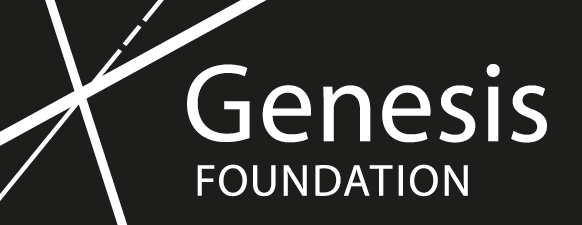FAQs for Acme’s Alternative Pathway Awards
If you can’t find something, or have further queries please email: [email protected].
How do I calculate the number of years I have had a professional artistic practice?
We ask for evidence of the number of years that fine art practice has been your principle activity whilst not being attached to an educational institution as a student. This can be evidenced by an artist CV, exhibition history or other ongoing engagement and artistic activity.
However we also understand that there are reasons why artists might need to take time out from their practice because of caring responsibilities or health reasons. If you are unsure whether your situation meets this requirement, please contact us to discuss your eligibility.
What do you mean by UK-based?
You are resident in the United Kingdom with the right to remain for the duration of the award.
How do you define a group that is currently underrepresented in the arts?
We consider groups currently underrepresented in the arts to include: D/deaf/disabled or neurodiverse artists; artists from global majority and LGBTQI+ communities; and artists facing social and economic disparity, particularly those who have been unable to access formal university education.
We take an intersectional approach to understanding representation/inclusion in the arts and acknowledge the overlapping identities that people inhabit and how this contributes to exclusion. As such, we will consider overlapping factors to enable a deeper understanding of the obstacles faced by applicants.
How do you define people facing social and economic disparity?
We refer to The Equality Trust’s definition of economic inequality for guidance.
We recognise the complexity of understanding social and economic disparity in the UK context and the obstacles artists might face in pursuing an art career and receiving a formal art education. We will consider your individual, personal and financial circumstances.
Can I apply if I did not attend art school?
Yes. You are eligible to apply without having received any formal art education after school.
Can I apply if I have specific access needs?
Yes. Acme have put aside a discretionary access grant to assist with personal access needs. We will invite artists to provide us with an Access Rider outlining their specific needs when they take up the award, to ensure we can support them effectively.
Can I apply if I currently have an Acme studio?
Current Acme studio tenant holders are not eligible to apply for this award. These awards are intended to provide studio space for artists who do not have regular access to this resource, however, artists who only have precarious or intermittent studio access may also apply.
I have other employment alongside my practice. Can I still apply?
Yes. We anticipate that artists will be doing additional work their support their practice.
What kind of support would Acme be offering during the 6 months of the award?
There will be group and individual professional development opportunities throughout your award. Activities will respond to your art practice and professional needs, which can include studio visits, critical discussions, gallery tours and organised social events. Artists are actively involved in shaping the programme and contributing to our artist community.
Where will my studio be?
The selected artists will share a studio in Warton House, Stratford E15 2NE. The Warton House building contains 24 purpose built accessible studio spaces at ground & 1st floor levels, all with natural light.
What should my I say in my expression of interest?
We want to know what your current circumstances are, and how this award will be beneficial to you.
What are the key criteria that will be used to allocate the award?
You are in acute financial need.
You can demonstrate the transformative impact the award would have on your artistic practice.
The award will provide a significant opportunity otherwise unavailable to you.

The Genesis Foundation was founded by John Studzinski CBE in 2001. Over the past 20 years the Foundation has donated more than £20million to the arts. Through its funding and partnership model, it has enabled opportunities for thousands of young artists in theatre and music, building both their experience and their resilience. Its main focus is on partnerships with leading arts organisations such as the Young Vic, National Theatre, Almeida Theatre and The Sixteen, and on training programmes that equip emerging artists for life as a creative professional. In 2021/22, through the Genesis Kickstart Fund, the Foundation allocated £1m in grants for future-facing projects that provide paid work for freelance creative professionals.
